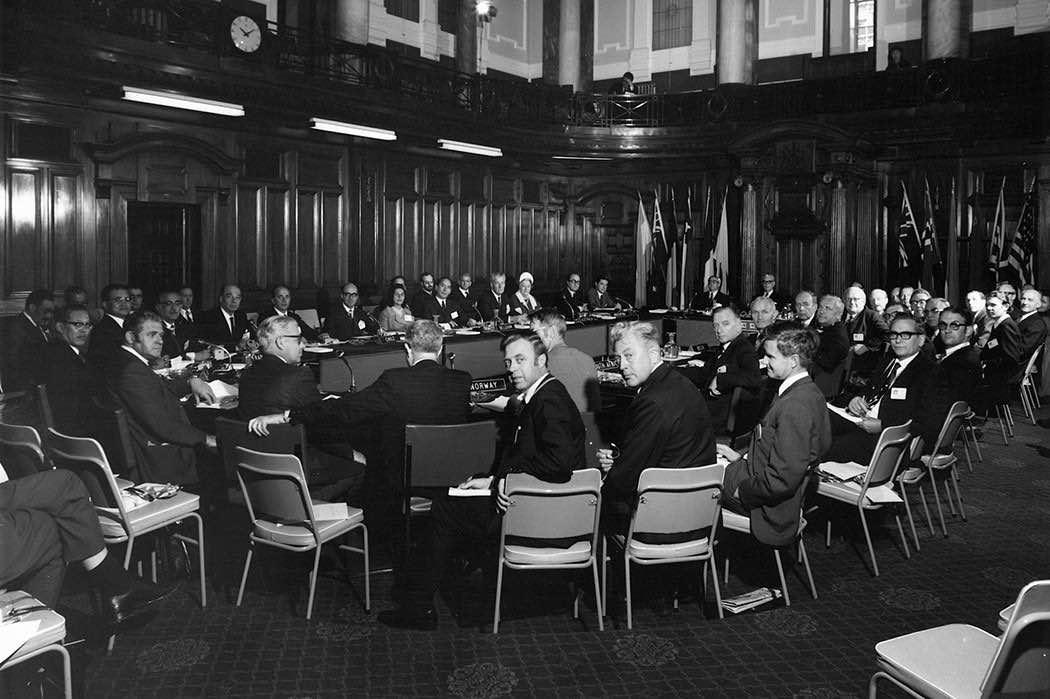The Antarctic Treaty was signed on 1 December 1959 following the Washington Conference on Antarctica, a bid to prevent cold war tensions spreading to the continent, and entered into force on 23 June 1961. The conference followed the International Geophysical Year (1957-1958) – a cooperative research endeavor by Argentina, Australia, Belgium, Chile, France, Japan, New Zealand, Norway, South Africa, the Soviet Union, the UK, and the US, who became the first to sign the treaty. It banned military bases and manoeuvers, nuclear explosions, stationing or testing of any type of weapons, and radioactive waste disposal.
Why It Matters
The Antarctic Treaty was the first arms control agreement after World War II and was followed by other treaties establishing nuclear weapon free zones around the globe. Although the twelve signatures to the Antarctic Treaty had been conducting peaceful research activities there were fears from rivalry over sovereignty claims and possible competition for control. The treaty stipulates that Antarctica can only be used for peaceful purposes.
Further materials:
https://www.atomicarchive.com/resources/treaties/antarctic.html
https://treaties.unoda.org/t/antarctic





